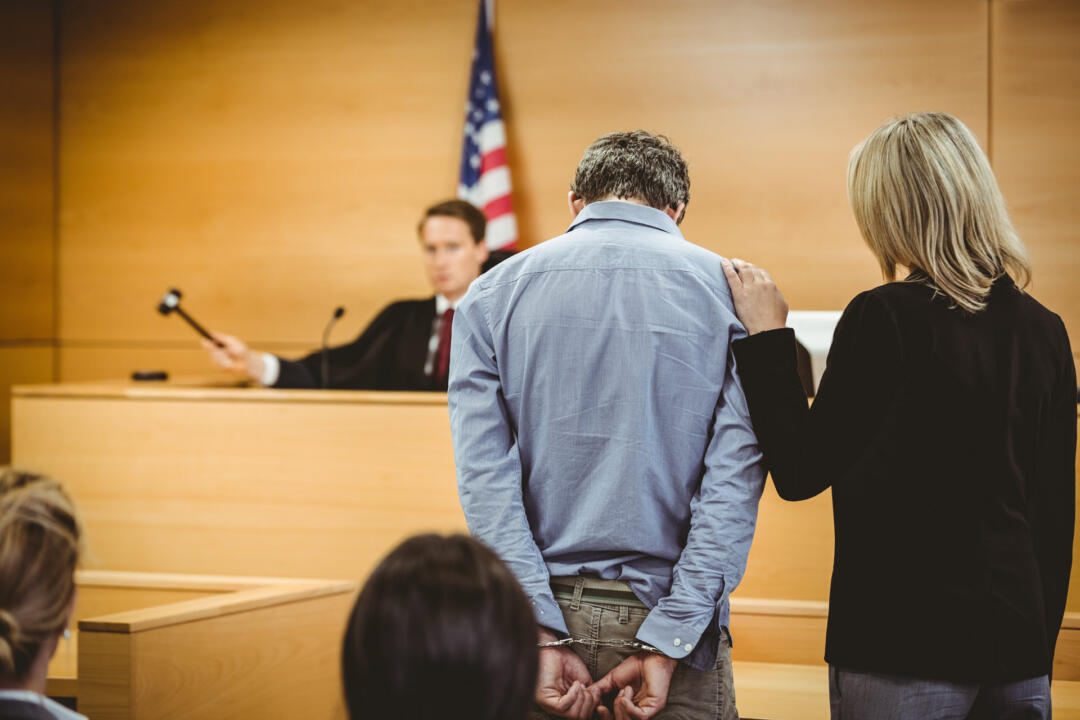
“Burden of Proof” is one of the most important terms in the legal world that you will ever need to know. Simply put, the Burden of Proof determines which party must prove that something happened in order to win the case.
In a civil case, that responsibility falls on the person bringing the lawsuit – that is, the plaintiff. If you are in a car accident and sue the other driver, you need to prove that the incident was not your fault. Was negligence involved? Perhaps it was alcohol-related. Maybe the other driver was driving distracted. Whichever the case, it’s your job as a plaintiff to prove these things happened if you want to win the case.
That is, the Burden of Proof falls on you.
How to satisfy your Burden of Proof?
Before you even file a lawsuit, you must know that you can fulfill the Burden of Proof in the case. For example, in the above instance, did the other driver run a red light? Maybe they were distracted by a phone call or sending a text message. If you can prove that, you increase the likelihood that you will win the case. Without that, you create obstacles that will only hinder your chances of victory. To attack Burden of Proof, make a list of facts that you know about the case as soon as you can.
What is Burden of Proof, anyway?
The concept of “burden of proof” is a long-ago established feature in legal circles that dates back to ancient Roman law. To go Latin for a minute, it was initially known as “semper necessitas probandi incumbit ei qui agit.” Translation: “The necessity of proof always lies with the person who lays charges.” From that has grown what U.S. attorneys know as “burden and production” and “burden of persuasion,” which combine to constitute “burden of proof.”
How much do you need to prove?
Generically speaking, “burden of proof” is the amount of information a party needs to provide in order to prove in a court of law that something happened. However, where that amount of information lies depends on what kind of case you are involved in. In civil cases, unlike others, you don’t need to prove something happened “beyond a reasonable doubt.” Instead, a plaintiff must prove something happened based on the “preponderance of evidence.” Mathematically, it means proving with 51 percent certainty that something happened is enough.
When you are dealing with Burden of Proof as it relates to a personal injury from a car accident, the first thing you want to do is find a lawyer who can help you. Navigating the Burden of Proof is not easy, though it’s step one in what could become a long process.
What might it entail?
Think medical records, police reports, witnesses, photos from the crash scene. Did you have to take time off work because of the accident? Get a lost wages statement. Law firms like ours can help you heal by leading you through the process one step at a time.
What are the 3 Burdens of Proof?
There are three main levels of proof:
- Preponderance of the evidence. When the plaintiff must prove their case by a preponderance of the evidence, they must prove that each element of the case is more likely than not to be true. It decides if the plaintiff can prove each component is more probable than not.
- Beyond a reasonable doubt. Beyond a reasonable doubt is based on common sense and that no sensible person could disagree with the evidence. It is not the same as having no doubt, but it is a higher standard of proof than the preponderance of the evidence. It is the point where there are no reasonable alternatives than for that theory of the case to be true.
- Clear and convincing. When a lawsuit must be proven by clear and convincing evidence, the plaintiff must show that the evidence establishes each element of the case. They must prove that their case is very likely to be true. Clear and convincing proof is a higher standard, and that standard requires belief beyond a reasonable doubt.
If you have been in a car accident in the Central Florida area, give us a call and we can help you figure out how to make your case. Our combined decades of experience speaks for itself.
Or fill out our form to get a FREE EVALUATION of your case.













